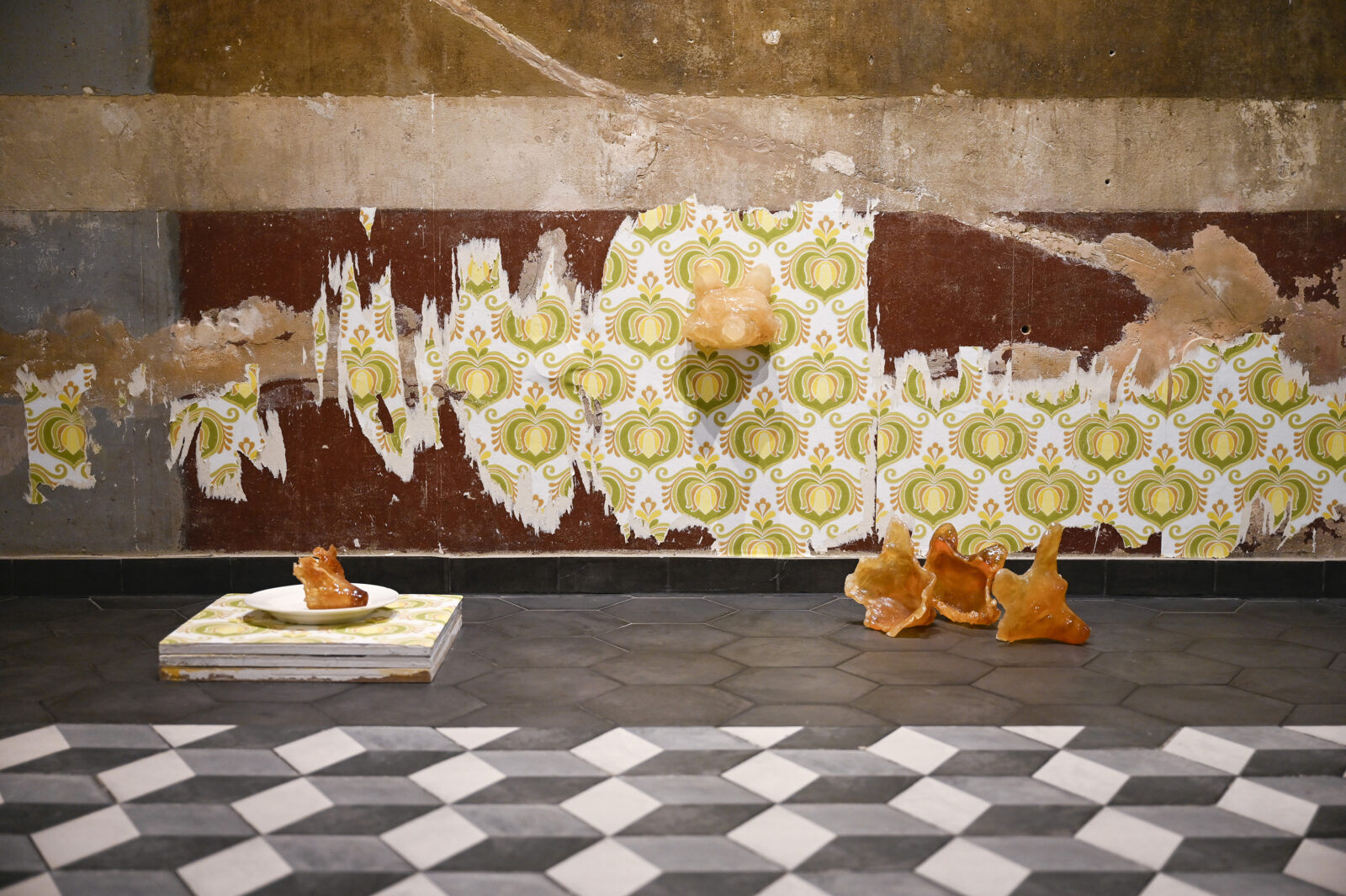
ANIMAL BEHAVIOR AND CITIES WITHOUT HUMANS
When urban centers change because people move away or retreat, do animals take advantage of it? How?
Playgrounds for Animals researches animal behavior with respect to urban centers, specifically in the absence, or reduced presence, of human beings.
The reason why animals approach inhabited centers is usually functional: the search for food or heat. Climate change and the consequent difficulty in finding food in natural habitats force wild animals to move to places that are more dangerous but full of valuable resources: cities.
During the pandemic, we watched with amazement numerous videos and images of animals that have approached and moved into inhabited centers.
Like fantastic appearances or associations in a Terry Gilliam movie, we have seen sheep playing on playground carousels or flamingos using a zebra crossing like one of The Beatles most memorable album covers.
These events open up some questions about the ways we live and whom we live with. Is urban cohabitation with a wide and diversified group of animals impossible? Are spaces designed by humanity, expanding far beyond cities in the broader sense, non-inclusive with respect to other living beings?
This installation consists of several fox heads in sugar on original DDR paper or vintage tableware.
Foxes in Berlin also find shelter in abandoned apartments.
EXCERPT FROM THE PRESS RELEASE OF RECLAIMING REALMS
Over the course of a relatively short period of time, the original biological community has been drastically reduced and trivialized, while the advance of urbanization continues to radically alter the surface structure of the Earth. Every living thing that humans do not tend to recognize as “their neighbor” is either confined to domesticated spaces, hunting, fishing and breeding grounds or genetically modified for their own needs.
The current state of technology also makes it possible, through processes of biological resurrection and backward reproduction, to bring back to life and reintroduce individuals of species now extinct, making the boundary between what belongs to humans and what belongs to nature increasingly blurred.
What would happen if nature regained its privilege of narration?
What if animals reclaimed their own realms?
WORK
Foxes in Berlin, sugar, wood, beton, resin, vintage GDR wallpaper, site-specific installation, VBM Gallery, Berlin, 2022.
The research for and production of this work was supported by Stiftung Kunstwerk der VG Bild-Kunst.
EXHIBITION
Reclaiming realms, VBM Gallery, Berlin, 2022-2023.
Press release English
Text: Valentina Benedetta Marinone

